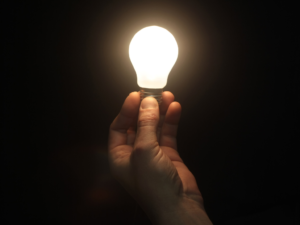
Energy in developing countries
Developing countries will be responsible for an increasing share of energy demand by 2030, rising from 30% of global consumption in 2000 to 43% in 2030. Despite this, in 2030, North America with a population of around 390 million will still consume more energy than China and India combined, with 2.9 billion people. The difference will be even more obvious when it comes to electricity consumption. In 2030, developing countries will consume nearly five times less electricity per capita than OECD countries. Source: "Croix Rouge"
